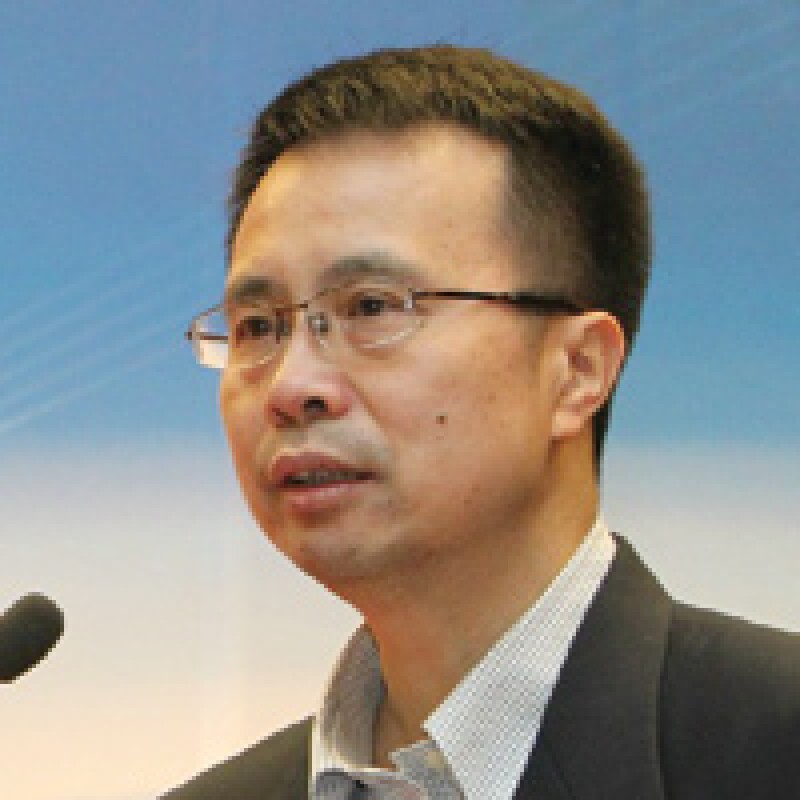
In this edited excerpt, Judge Chen (pictured) talks about the goals and reasoning in setting up China's specialised IP courts as well as some of the new courts' features that he says will be of use to rights holders.
How were the IP Courts designed and set up?
In 2008, the State Council raised the issue of a unified IP court in the National IP Strategy, so the topic has been in discussions for some time now. In November 2013, the Central Committee met for the Third Plenum and there announced its blueprint and goals going forward.
Last August, the Standing Committee of the National Peoples' Congress (NPC) passed legislation to officially establish the IP courts. Of course, there was a lot of preparation that came before that.
In setting up the courts, we conducted a lot of studies and issues about various issues, including the feasibility and necessity of having specialised courts, what level they should be, how the judges should be selected, as well as different such courts from around the around the world.
In addition to these important questions, we looked to keep in view the fundamental question, which is how the IP courts can support innovation and the continuing restructuring of the economy. As many know, China is the factory to the world. However, this type of development is not sustainable in the long term, and the country has to move from a labour-intensive to an innovation-driven economy.
The IP court figures to be a key part of this plan.
Several other jurisdictions already have specialised IP courts; did you study these when setting up China's courts?
Yes, we spent a good bit of time studying the specialised courts in other jurisdictions and how they functioned. Some of the courts that we paid particular attention to include those in the United States, Germany, Japan and Taiwan province. We also conducted frequent exchanges with judges and experts from these countries.
In setting up China's IP Courts, we became aware of the positive features of the other courts and adapted some of those practices. For example, one new feature in the specialised IP Courts is the use of technical investigators, which are already used in several IP Courts such as Japan and Taiwan. These technical investigators are employees of the court with scientific backgrounds. They are not judges or lawyers, and their role is to assist the judges on the complex technical issues that can be so important in patent and software copyright cases.
Given that China already had IP tribunals, what is the advantage in having specialised IP courts?
There were several considerations but two are worth particularly worth noting. One important advantage is the unification of judicial standards so that cases are handled in a consistent manner. Making rulings more consistent and predictable is good for all parties involved.
This is a consideration that goes merely beyond the quality of the rulings. For example, under the old system, Beijing had three Intermediate Courts and three IP tribunals within those intermediate courts, and the rulings made in the different tribunals were not always consistent, even though the tribunals resided in the same court.
Another important benefit of the specialised IP court is to encourage more specialisation and expertise. Under the old system, the judges regularly transferred in and out of the IP tribunal so they didn't necessarily have the chance to develop the specialised knowledge that can be especially important in IP cases.
Stay tuned for the March issue of Managing IP for the complete interview, available only to subscribers. Non-subscribers can sign up for a complimentary trial pass.









